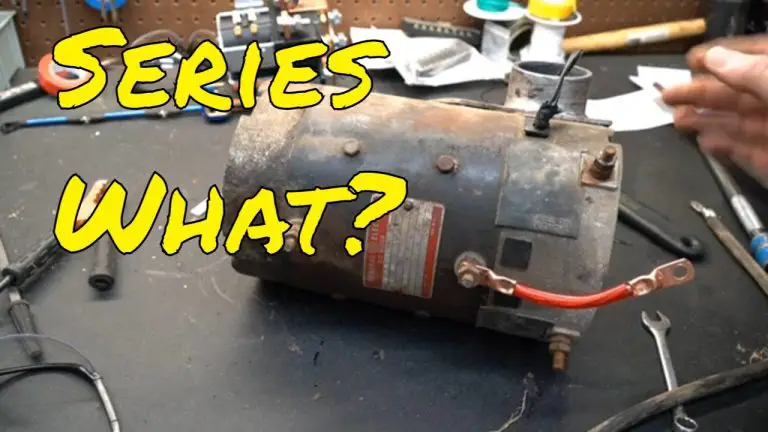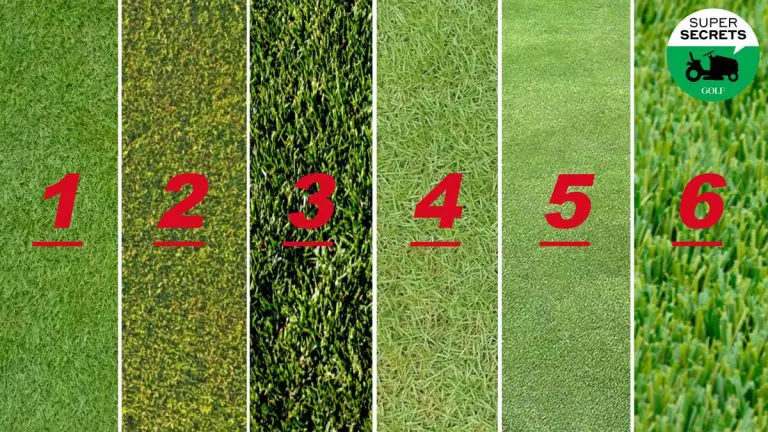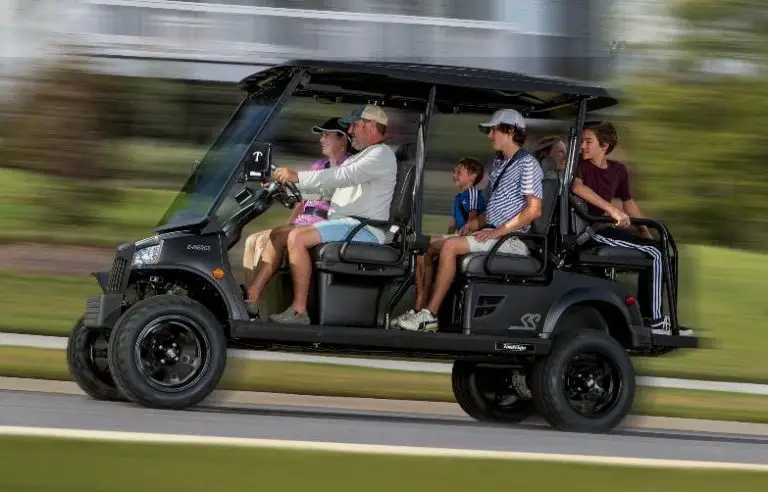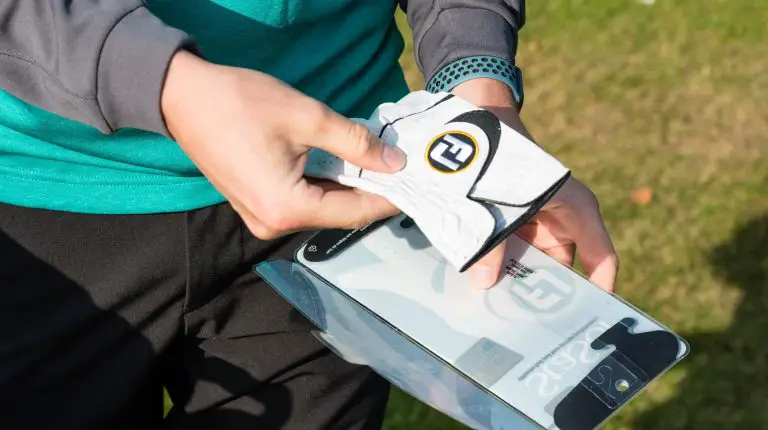How To Chip A Golf Ball Consistently
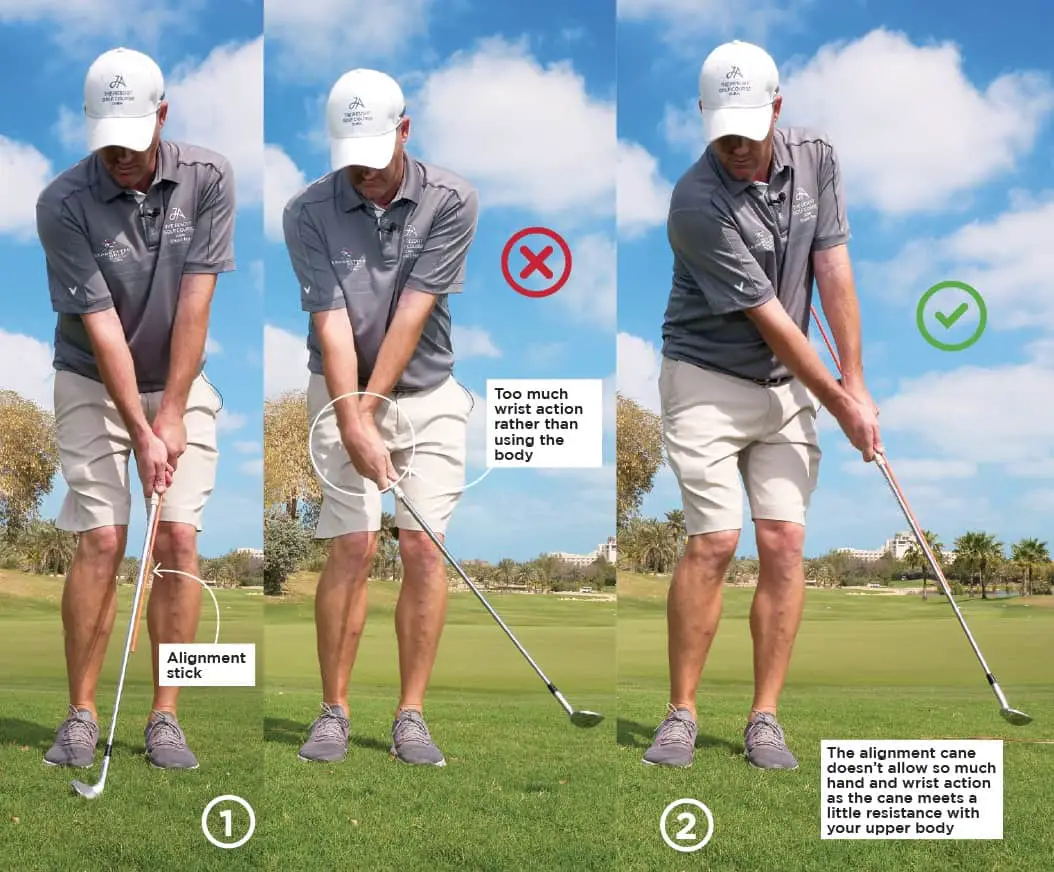
Golf is a game of skill and precision, and one of the most important shots in the game is the chip shot. A good chip shot can be the difference between a birdie and a bogey, and mastering this technique is essential for any golfer looking to improve their game. However, chipping a golf ball consistently is easier said than done, and many players struggle with this shot.
In this article, we will explore the techniques and strategies needed to chip a golf ball consistently. We will cover the basics of the chip shot, including proper setup and technique, as well as more advanced techniques such as trajectory control and spin. Whether you are a beginner looking to learn the basics or a seasoned player looking to refine your skills, this article will provide valuable insights and tips to help you chip a golf ball consistently and improve your game.

1. Type of Rangefinder
There are two main types of golf rangefinders: laser and GPS. Laser rangefinders use a laser beam to measure the distance between the rangefinder and the target. GPS rangefinders, on the other hand, use satellite signals to determine the distance to the target. Laser rangefinders are typically more accurate and faster than GPS rangefinders, but GPS rangefinders can provide more information about the course layout and hazards.
2. Range
The range of a golf rangefinder refers to the maximum distance at which it can accurately measure the distance to a target. Most rangefinders have a range of 400 to 1000 yards, which is more than sufficient for most golf courses. However, if you play on longer courses or want to use your rangefinder for other purposes, such as hunting, you may want to consider a rangefinder with a longer range.
3. Magnification
Magnification refers to the degree to which a rangefinder can enlarge the image of the target. Most rangefinders have a magnification of 6x or 7x, which is sufficient for golfing purposes. However, if you have trouble seeing small targets or want to use your rangefinder for other activities, such as bird watching, you may want to consider a rangefinder with higher magnification.
4. Size and Weight
The size and weight of a golf rangefinder can have a significant impact on your comfort and ease of use. Larger and heavier rangefinders can be more difficult to carry and use on the course, especially if you are walking. However, smaller and lighter rangefinders may be more fragile and harder to hold steady. Consider your personal preferences and physical capabilities when choosing a rangefinder.
5. Durability
Golf rangefinders are often exposed to the elements and can be subject to wear and tear. Look for a rangefinder that is durable and resistant to water, dust, and shock. Some rangefinders come with protective cases or covers to help prolong their lifespan.
6. Price
Golf rangefinders can range in price from under $100 to over $500. Consider your budget and how frequently you plan to use your rangefinder when choosing a model. Remember that more expensive models may have additional features or higher quality materials, but may not be necessary for casual or occasional golfers.
7. Brand Reputation
Finally, consider the reputation of the brand when choosing a golf rangefinder. Look for brands that have a history of producing high-quality and reliable products. Reading reviews and doing research can help you make an informed decision.
In conclusion, choosing the right golf rangefinder can enhance your game and improve your accuracy on the course. Consider the type, range, magnification, size and weight, durability, price, and brand reputation when making your decision. With these factors in mind, you can find the perfect rangefinder to fit your needs and help you play your best golf.
Laser vs. GPS Rangefinders
Another important consideration when choosing a golf rangefinder is whether to opt for a laser or GPS device. Both have their pros and cons, so it’s important to weigh them against your needs and preferences.
Laser Rangefinders: These devices use a laser beam to measure the distance to your target. They are extremely accurate and can provide measurements to within a yard. They are also easy to use, with most models featuring a simple one-button operation. However, laser rangefinders require a clear line of sight to your target, so they may not be effective in situations where there are obstacles in the way.
GPS Rangefinders: These devices use satellite technology to provide distance measurements. They are easy to use, with most models featuring a simple touch screen interface. They also don’t require a clear line of sight to your target, so they can be effective in situations where there are obstacles in the way. However, GPS rangefinders may not be as accurate as laser devices, and they may require an annual subscription fee to access course maps and updates.
4. Size and Weight
The size and weight of a golf rangefinder can also be important factors to consider. If you prefer to walk the course, you may want to choose a compact and lightweight device that won’t weigh you down or take up too much space in your bag. On the other hand, if you prefer to ride a cart, size and weight may not be as important.
5. Brand and Price
As with any golf equipment purchase, brand and price can also be important considerations when choosing a golf rangefinder. Some popular brands of rangefinders include Bushnell, Callaway, and Garmin. Prices can range from less than $100 to several hundred dollars, so it’s important to set a budget and find a device that meets your needs within that budget.
Conclusion
Choosing a golf rangefinder can be a daunting task, but with the right considerations, you can find a device that helps improve your game and makes your time on the course more enjoyable. By considering factors such as accuracy, features, laser vs. GPS technology, size and weight, and brand and price, you can make an informed decision and find the perfect rangefinder for your needs.

